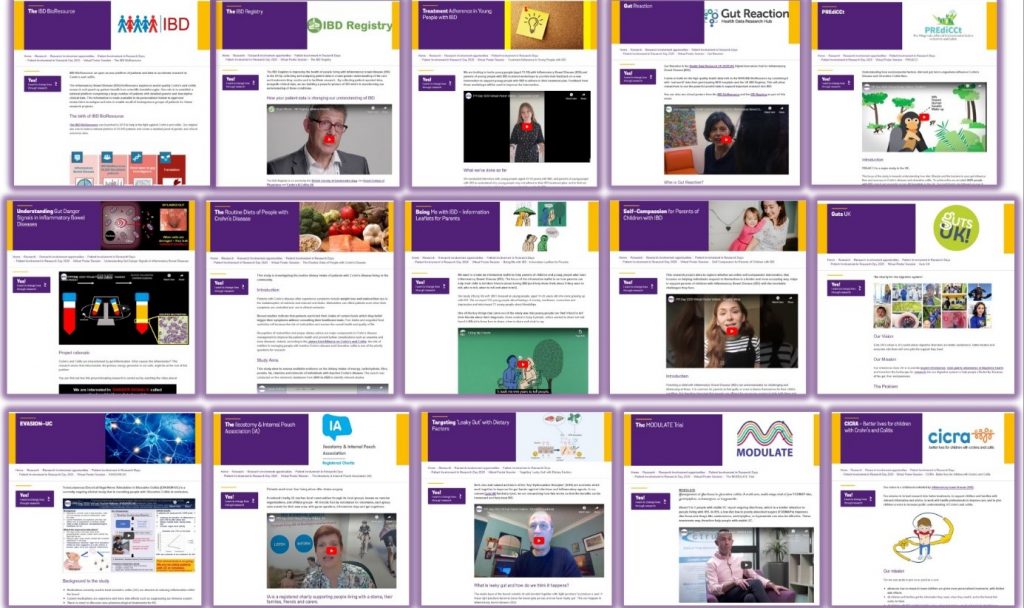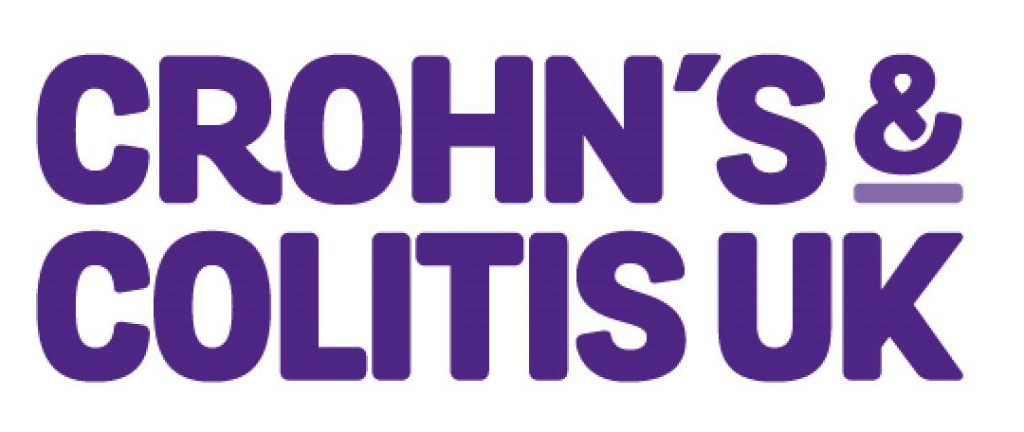Media
Innovative UK data hub to enable research and innovation to tackle mental illness
12 May 2021
Health Data Research UK (HDR UK) and the Medical Research Council (MRC) have today announced a new Hub to provide innovative data resources for mental health research and innovation. The Hub will improve the discoverability and usability of diverse data sources for research to help improve the lives of people with mental health problems.
Led by Professor Ann John at Swansea University and Professor Rob Stewart at King’s College London the Hub – called DATAMIND – will improve the use of big data for mental health research by providing expert data services, tools and expertise to a wide range of users. DATAMIND will operate across the four nations of the UK, bringing together expertise from the NHS, universities, charities, research institutes and industry.
Mental health affects almost everyone at some point in their lives and, to varying degrees, is the biggest cause of ill-health for people living in the UK. People living with a mental illness are less likely to take part in or to remain in usual types of research studies and may also be actively excluded. This means that much of what we know about mental health is not based on the very people who are worst affected. However, the UK has some of the best data in the world, which can be used in research to understand how to prevent mental ill-health and maintain and improve people’s lives. Real-world data offers powerful opportunities to overcome these issues.
The DATAMIND Hub will maximise the value of this data by safely and securely bringing together data from diverse sources, including health records, schools and administrative data, charity data, research trials, genomics, longitudinal studies and cohort data. DATAMIND will make these data discoverable through the UK Health Data Research Innovation Gateway (HDR Innovation Gateway) and will enable researchers use the data to help address complex questions about mental health, as well as improve our understanding of what works best to improve outcomes at a personalised and population level. This has the potential to improve diagnosis, treatment and, ultimately, improve psychological wellbeing.
Involving the public, patients and people with lived experience of mental health problems is a critical part of the DATAMIND hub. Integrated at the outset and throughout the hub’s activities, this insight will inform the safe and responsible use of mental health data and accelerate opportunities for impact on patients and the public.
DATAMIND is funded by a £2M investment from the MRC. It joins an established network of Health Data Research Hubs, led by HDR UK and funded through UKRI’s Industry Strategy Challenge Fund, which aim to maximise insights and innovations from health data. These hubs have made significant impacts in data improvement and have supported the research response to COVID-19 in areas including infection rates, vaccine rollout, and understanding the impact of COVID-19 on specific disease areas.
Professor Ann John, Co-Director of DATAMIND, said:
“We’re really excited about DATAMIND. By working together with the public, patients, researchers, industry and the NHS, we will transform both our understanding of mental health and the lives of people experiencing mental health problems. We will create a Hub where researchers and others can find and use mental health data to benefit patients and the public and improve care.
We know how important it is that people understand how their data is used and feel comfortable, which is why we will work closely with the public, patients, and those with personal experience to ensure these open conversations happen and that the highest standards of data security and privacy are met.”
Professor Rob Stewart, Co-Director of DATAMIND and Clinical and Population Informatics Lead at NIHR Maudsley BRC, said:
“The UK has a genuine opportunity to be world-leading in mental health data science, and DATAMIND is an exciting step along the way. I’m very pleased that I and colleagues at King’s College London and the NIHR Maudsley Biomedical Research Centre will have the chance to play a leading role in this initiative, having spent the last 15 years developing Clinical Record Interactive Search (CRIS), CogStack and other related data resources which are helping transform mental healthcare. With so many other equivalent resources and expert groups around the country, it is a pleasure to have the chance to come together and make a difference.”
Dr Sarah Markham, patient and public member of the DATAMIND Independent Oversight Board, said:
“DATAMIND has a significant potential to improve the lives of both mental health patients and the wider community of the UK. This is an incredibly exciting innovation. Through my involvement I hope to help embed the principles of patient and public involvement and co-production in data linkage, sharing and use, and help to support and empower mental health patients in the context of data-driven research.”
Health Data Research Hub for IBD creates new animation
Today, Gut Reaction, the Health Data Research Hub for Inflammatory Bowel Disease (IBD) launches a new animation to explain how patient data is used to accelerate research into Crohn’s Disease and Ulcerative Colitis.
The project brings together health data in a secure environment to support ground-breaking research into IBD. This animation has been created to help people understand why health data research is so important and reassure people that their data will be safe and secure.
Gut Reaction aims to build on the high-quality health data in the NIHR IBD BioResource by combining it with ‘real-world’ data from participating NHS hospitals and the IBD Registry. This will allow researchers to use the pooled data to support important research into IBD.
The animation shows the journey Ben, a patient, goes on when taking part in Gut Reaction. And how his data is used, along with thousands of other peoples, de-identified in the process.
“The use of patient data invites questions, and rightly so – patient data is sensitive. Through Gut Reaction, we want patients to be actively involved in how and why their data is used. The project is working with the Crohn’s and Colitis community to highlight how patient data is being used for good, and the huge opportunities this can lead to. Patient data is vital for improving individual care and care across the NHS.”
Sarah Sleet, CEO at Crohn’s & Colitis UK
The animation has been created collaboratively with Gut Reaction partners, including researchers, clinicians and most importantly patients. Members of the Gut Reaction Patient Advisory Committee have been involved throughout the process.
“I was so overwhelmed by the final video it’s amazing. It helped me explain the project to my dad in a simple way. You might have some concerns about your data being used in research, but data really can change things for us.”
Victoria King, Gut Reaction Patient Advisory Committee member
Find out more about Gut Reaction here. And visit the Health Data Gateway to discover the IBD collection data here.
Can you help HDR UK to improve data standards and usage?
HDR UK is looking for input from users of health data for research and innovation. They are currently conducting a survey aimed at understanding the landscape in which health data users operate, to build a comprehensive picture of the data standards required to streamline research.
Responses will help them to support improvements in the standard of the data discoverable on the Innovation Gateway to meet the expectations of real users.
Who should complete the survey? Researcher and innovators from any sector – whether healthcare, industry or academia – who need to use health data for their work. You can be at any stage in your career, and any role that involves the use of this data.
Invitation to tender
Gut Reaction would like to invite training professionals to tender proposals to work with us to develop Patient and Public Involvement (PPI) training.
About Gut Reaction
Gut Reaction is a research project that brings together data from thousands of people living with Crohn’s and Colitis. Supported by a patient advisory committee (PAC), our PPI strategy focuses on ways to involve the wider community. Appropriate training has the potential to strengthen our PPI. Currently no specific PPI training exists for patients involved in health data projects.
As such, Gut Reaction are seeking someone with experience in the field of PPI training development and health data to develop three online PPI training modules.
The modules should cover the following topics:
- Getting started in PPI
- Scenarios of PPI in Research
- Understanding health data research
More information can be read in this “Invitation to Tender” document.
Key dates
| 11th December 2020 | Submission deadline |
| 21st/22nd December 2020 | Interviews |
| 7th January 2020 | Start date of project |
| 29th January 2020 | Produce a mock-up of modules 1 & 2 for feedback. Present project plan for module 3 for sign off |
| 15th March 2020 | Delivery of modules 1 & 2. Present mock-up of module 3 for sign off |
| 30th March 2020 | Deliver module 3 |
We very much hope to hear from you with a submission.
Please support us by sharing this opportunity!
If you have any questions, please send us an email.
Gut Reaction features at IBD Patient & Public Involvement in Research event
23 October 2020
We are so proud to have taken part in Crohn’s & Colitis UK’s Patient and Public Involvement in Research Day. It was a really exciting event where the latest Inflammatory Bowel Disease (IBD) research was discussed and valuable insights were shared between researchers, clinicians, and patients.
Agenda
The event was made up of two elements:
1) live presentations and open discussion over Zoom, and,
2) interactive online ‘virtual posters’.
We presented our own virtual poster, as did our partners at the NIHR IBD BioResource and the IBD Registry. The feedback form is still open on these posters, so check them out and let us know your thoughts by 17 November.
“We owe huge thanks to Gut Reaction, NIHR IBD BioResource and the IBD Registry, who formed an integral part of our interactive poster session. We hope patient input will help them inform and improve their exciting projects.” Dr Jane Fraser, Research Programme Officer, Crohn’s & Colitis UK said.
Patient involvement
Gut Reaction really values the input and expertise of people with Crohn’s and Colitis at events such as this. We believe that patients will play a vital role in our achievements in research.
Indeed, people with Crohn’s and Colitis are right at the centre of Gut Reaction. For example, our patient advisory committee make sure the patient voice is driving the work of Gut Reaction. Ultimately, patient input will shape the way that Gut Reaction works, thereby enabling researchers to fast track our knowledge on Crohn’s and Colitis, leading to better treatments and care, and maybe even a cure.
“A very interesting day. It’s reassuring for all that there are so many health researchers interested in investigating areas that may help improve outcomes.
“Regardless of the pandemic, I think the virtual format allows those with IBD who find travelling difficult to still directly take part.” A research involvement event attendee said.
If you’re interested in finding out more about the event, all these presentations, discussions, surveys, and ‘virtual posters’ and are now available on the Crohn’s & Colitis UK website, or you can find out more in this news story.
Blog: Taking part in health data research
Members Rosanna and Joanne talk about their experience on Gut Reaction’s Patient Advisory Committee.
4 August 2020
How health data research could help patients with inflammatory bowel disease. Written by Rosanna Fennessy, Patient Representative.
14 January 2020






